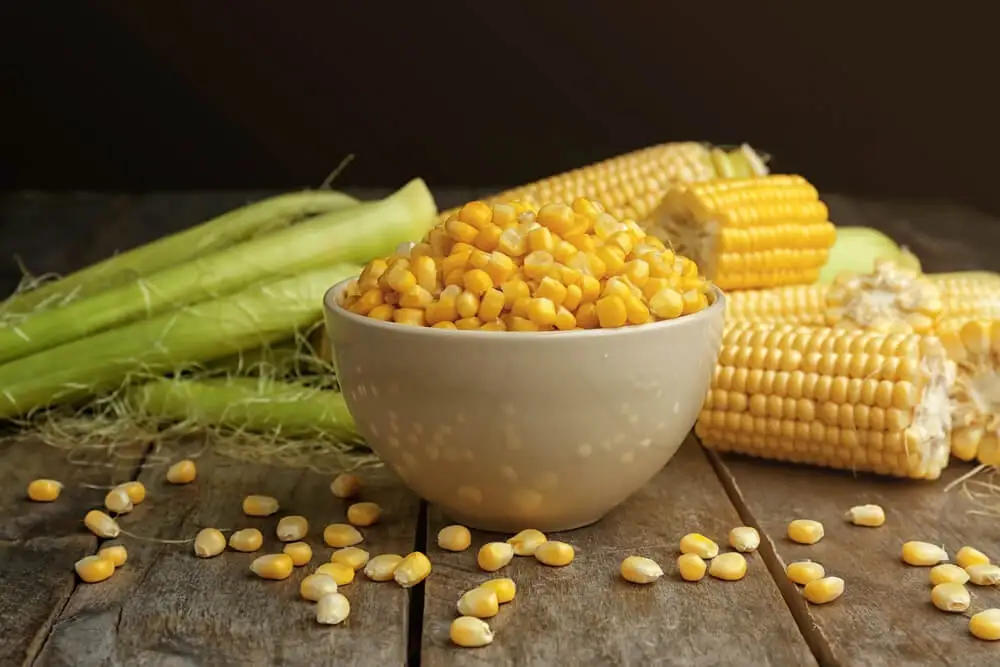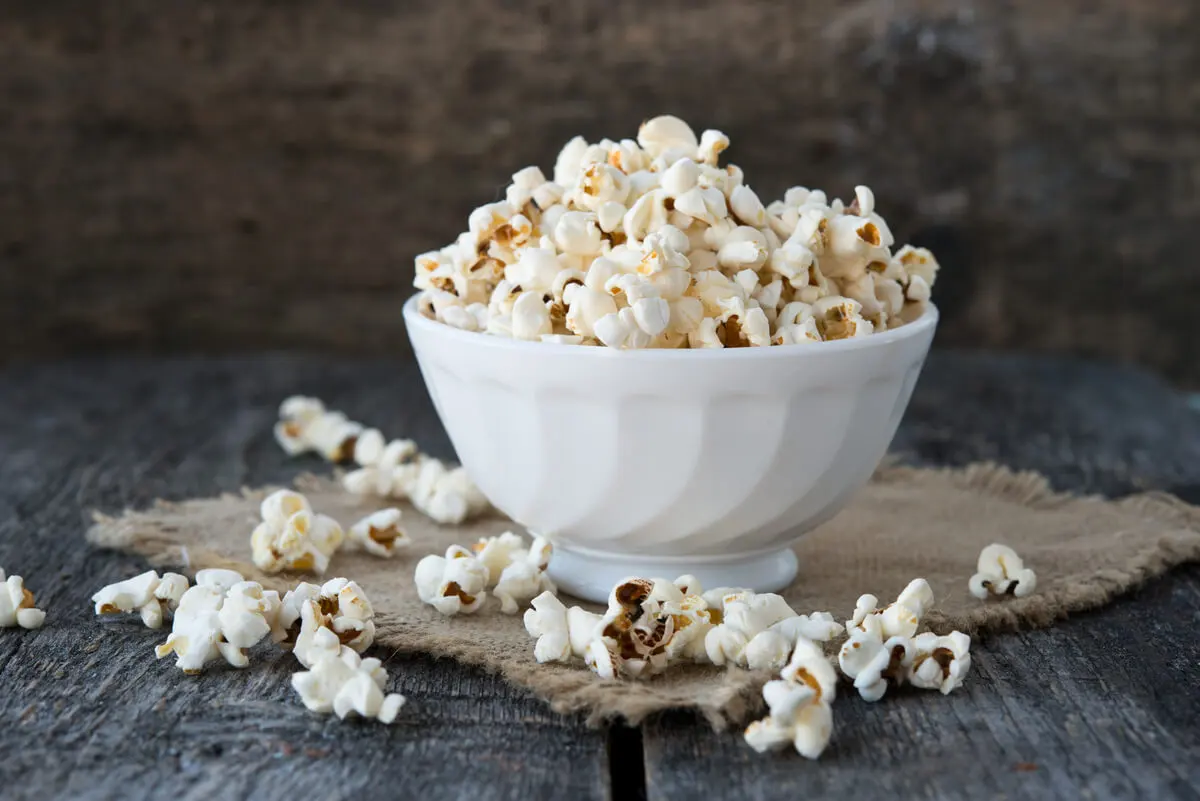The Benefits of Corn


Written and verified by the nutritionist Maria Patricia Pinero Corredor
Corn is a cereal with ancestral origins. The American Indians, before the arrival of Christopher Columbus, considered it the basis of life. This seed has penetrated almost every cuisine in the world since then. Discover all the benefits of corn, as well as some contraindications.
It has countless varieties and can be found in different recipes on every continent. You’ll certainly have eaten it hundreds of times in your life!
But, have you ever wondered what it does for you? Can eating it cause you any harm? In this article, we’ll tell you all about the benefits of corn and its nutritional value in cooking. Read on and find out.
Nutritional value of corn
From a nutritional point of view, corn is superior to other grains, except for its protein content. According to the United States Department of Agriculture (USDA), 100 grams (4 oz) of corn provides 86 grams of kilocalories, 3.27 grams of protein, 18 grams of carbohydrates, and 2 grams of fiber. It’s considered a good source of starch, as it has 5.7 grams.
It’s a great source of minerals. It provides 37 milligrams of magnesium, 270 milligrams of potassium, 89 milligrams of phosphorus, and 15 milligrams of sodium. Regarding vitamins, it contains 6.8 milligrams of vitamin C, 187 International Units of vitamin A, 42 micrograms of folic acid, and 23 milligrams of choline.
It is the only cereal provitamin A, which means that it is the only one capable of being converted into vitamin A by the body.
The benefits of corn
The consumption of corn has important health benefits. We’ll explain them below.

1. Antioxidant properties
It contains carotenoids, such as lutein (644 International Units) and cryptoxanthin (115 International Units), and their power to block free radicals is notorious. Both substances are considered potent antioxidants.
Lutein and cryptoxanthin are often responsible for the orange and yellow color in food. They’re carotenoids if we classify them chemically.
Antioxidants fight free radicals, which are chemicals that introduce oxygen into the cells of the body, causing oxidation in different parts and accelerating aging.
2. Weight control
Some types of corn are rich in amylose, one of the components of starch. Because o this, they can help to control weight. This variety of starch isn’t digested in the small intestine; it reaches the large intestine and feeds the intestinal flora. Therefore, it helps to regularize the transit and gives a greater feeling of satiety.
3. For brain function
By containing choline, corn becomes an important part of the diet for brain function. Choline is a necessary nutrient for the synthesis of acetylcholine (article mainly in Spanish). This is a neurotransmitter that plays a role in memory and muscle control.
In addition, corn also contains large amounts of folic acid. Folic acid is involved in the function of the central nervous system, in the metabolism of nerve cells, and in the synthesis of myelin. Myelin is a substance that protects nerve cells (neurons), increasing the speed of impulse transmission.
Read more here:How to Take Folic Acid During Pregnancy: 3 Tips
4. It’s gluten-free
Corn is a staple food in the diets of people who can’t consume gluten. Gluten is a protein found in some grains such as wheat, barley and rye.
Uses of corn in cooking
Almost every household in the world consumes corn. Different ingredients can be obtained from it to prepare products, or the grain itself can be used in recipes.
Some of the common ones are the following:
- Flour
- Syrup
- Starch
- Pastes
- Oil
Corn is used as a staple human food in Mexico, all of Latin America, and Sub-Saharan Africa. In these regions, the forms of preparation vary.
It’s eaten boiled, as roasted grain, in soups or jellies, and stews known as cachapas, as well as in fermented grains or as dough. There are numerous corn-based preparations, such as arepa, polenta, popcorn, cornbread, tacos, tamales and tortillas.

Read more here: 5 Alternative Uses for Corn Starch that You’re Going to Love
Contraindications of corn
We’ve heard about the benefits of corn, but we should also be aware that the product has some contraindications. The main one lies in its high starch content. Starch is composed of glucose chains, i.e. sugars.
People with diabetes should reduce their intake of this food and its derivatives.
Beyond these specific cases, there are no other problems with including this product in your diet. As long as it’s included in a varied and balanced diet, it can be very beneficial for your health.
All cited sources were thoroughly reviewed by our team to ensure their quality, reliability, currency, and validity. The bibliography of this article was considered reliable and of academic or scientific accuracy.
- Melendez A. Importancia nutricional de los pigmentos carotenoides. ALAN v.54 n.2 Caracas jun. 2004
- Lesbia Meertens-R. Vitamina B12, ácido fólico y función mental en adultos mayores. Invest. clín v.46 n.1 Maracaibo mar. 2005
- R.L. Paliwal. Usos del maíz. FAO. Disponible en http://www.fao.org/3/x7650s/x7650s08.htm
This text is provided for informational purposes only and does not replace consultation with a professional. If in doubt, consult your specialist.








